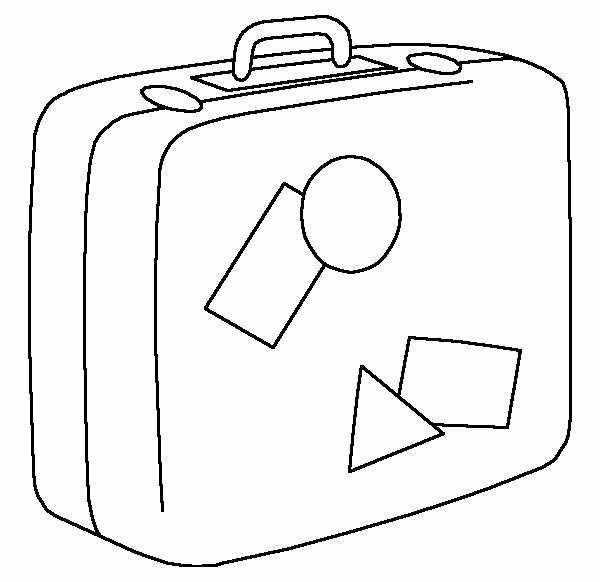Dear Etiquetteer: A wedding gift arrived in the mail today from a seller on [Insert Name of Popular Craft Website Here], a charming vintage martini set. One of the martini glasses arrived broken. Do I tell the gift giver that this happened, do I contact the seller with this information, or do I just write a lovely thank you note and forget about it. One pitcher and two glasses, so the set is mostly useless. Unless one is making martinis for oneself only.
Dear Shaken and Shattered:
Etiquetteer certainly hopes that your fledgling marriage hasn't already arrived at the state where you find it necessary to make martinis for one! Usually it takes a few years to get to that unhappy state of affairs . . . and often it's an unhappy affair that gets one to that state.
Receiving a gift that's broken is different from receiving a gift that's unwanted. In the latter case, as Etiquetteer has said so often, no one cares what you want or how you feel. Send a Lovely Note anyway and then put it in your next yard sale, regift outside your Circle of Mutual Acquaintance, or contribute it to a Worthy Tax-Deductible Cause.
But surely it was not the intention of your Benefactor to send you a broken gift to celebrate your wedding. In this case Etiquetteer recommends that you contact your Benefactor with this information right away so that he or she may resolve the situation; this means by phone or email, not a Lovely Note. You should not be asked to do more than repackage the gift to be returned and to receive the apologies of your Benefactor for the inconvenience. Etiquetteer recommends this approach since your Benefactor already has a customer/vendor relationship with the Online Vendor. For all Etiquetteer knows, your Benefactor orders frequently from this Online Vendor. News of deficient service (as well as how satisfactorily the Online Vendor responds) could impact that relationship. Indeed, you may be sufficiently satisfied to become a customer yourself.
At all times you should reassure your Benefactor of how much you appreciate his or her thoughtfulness and generosity, and then send a Lovely Note as soon as an (unbroken) substitute gift is received.








